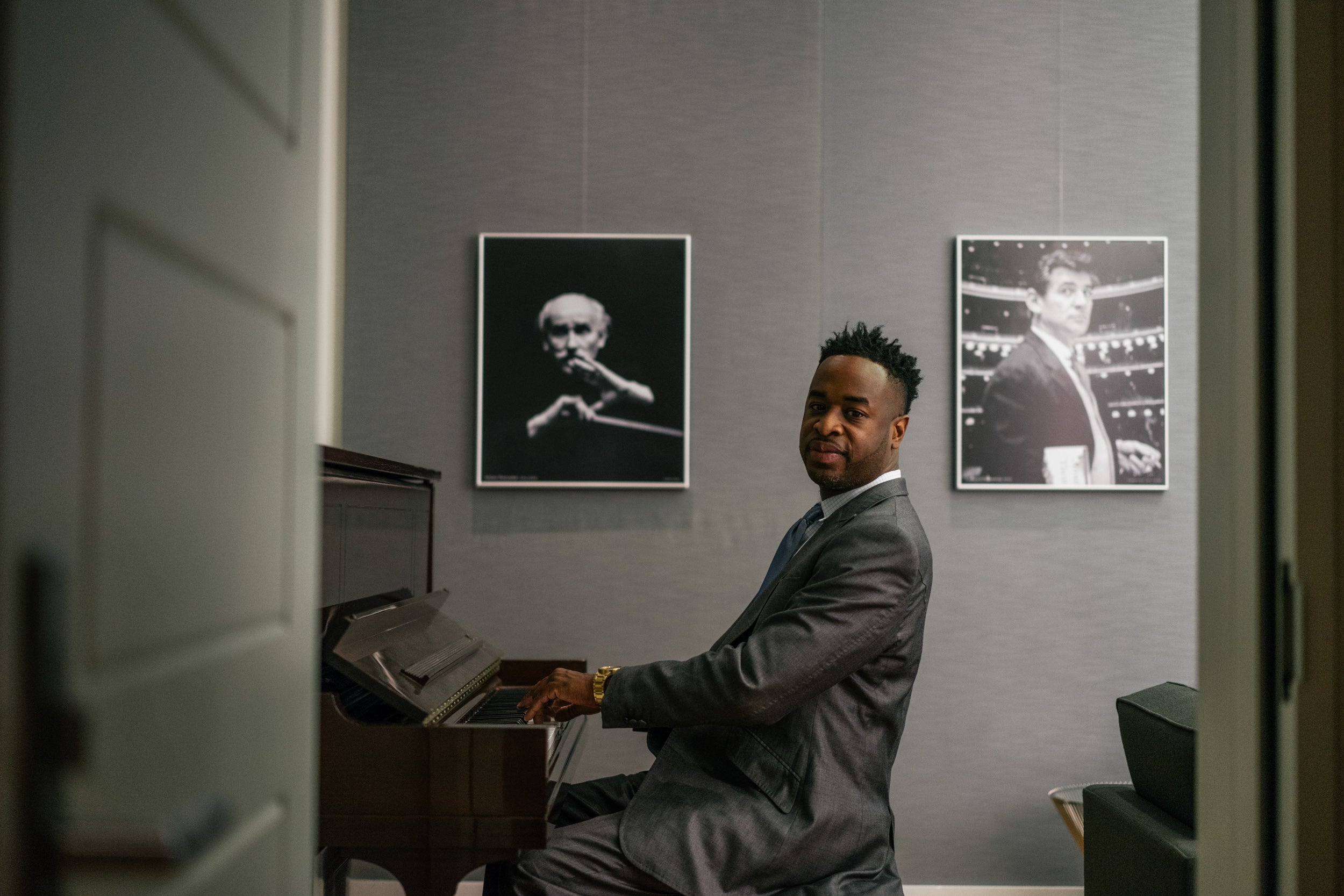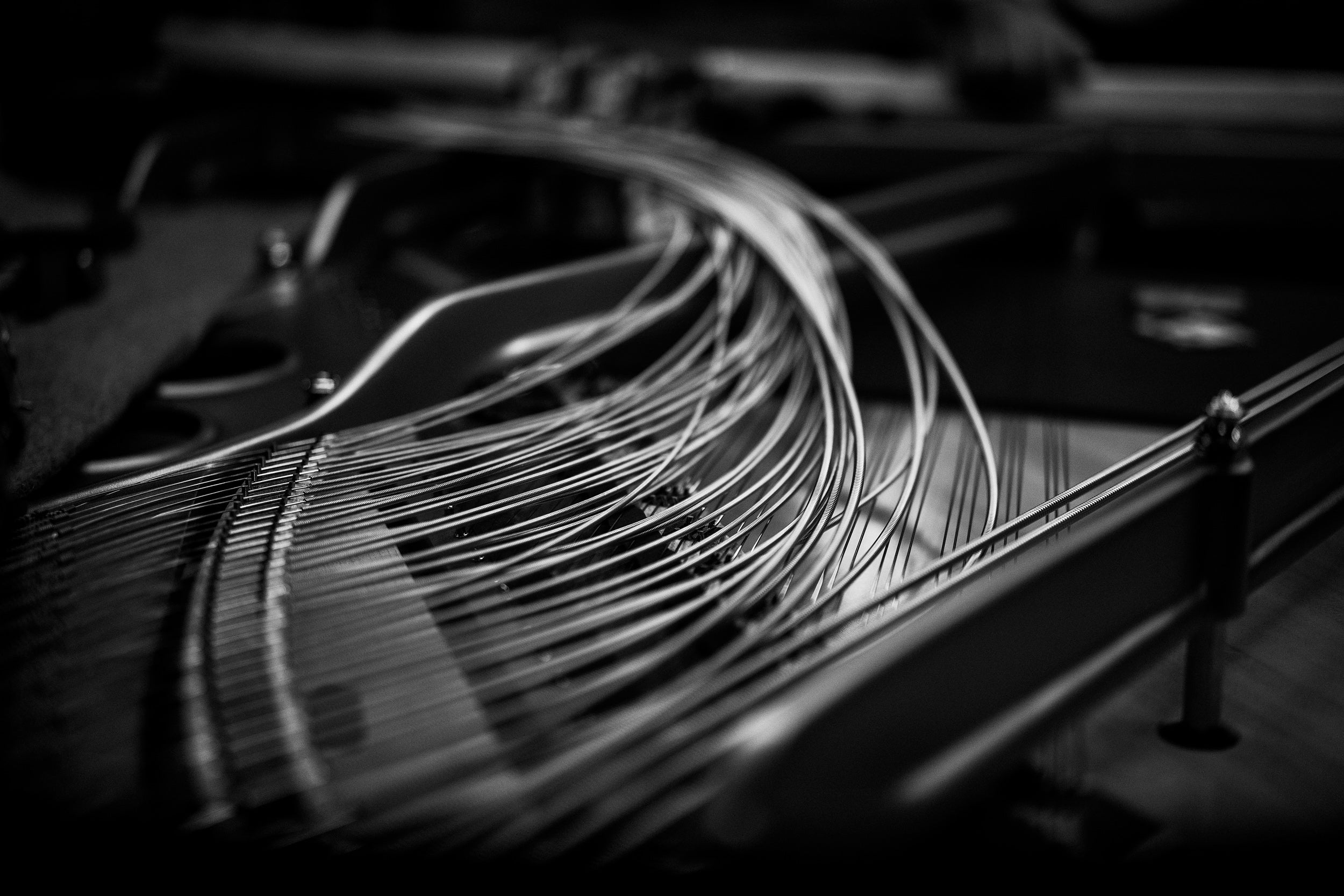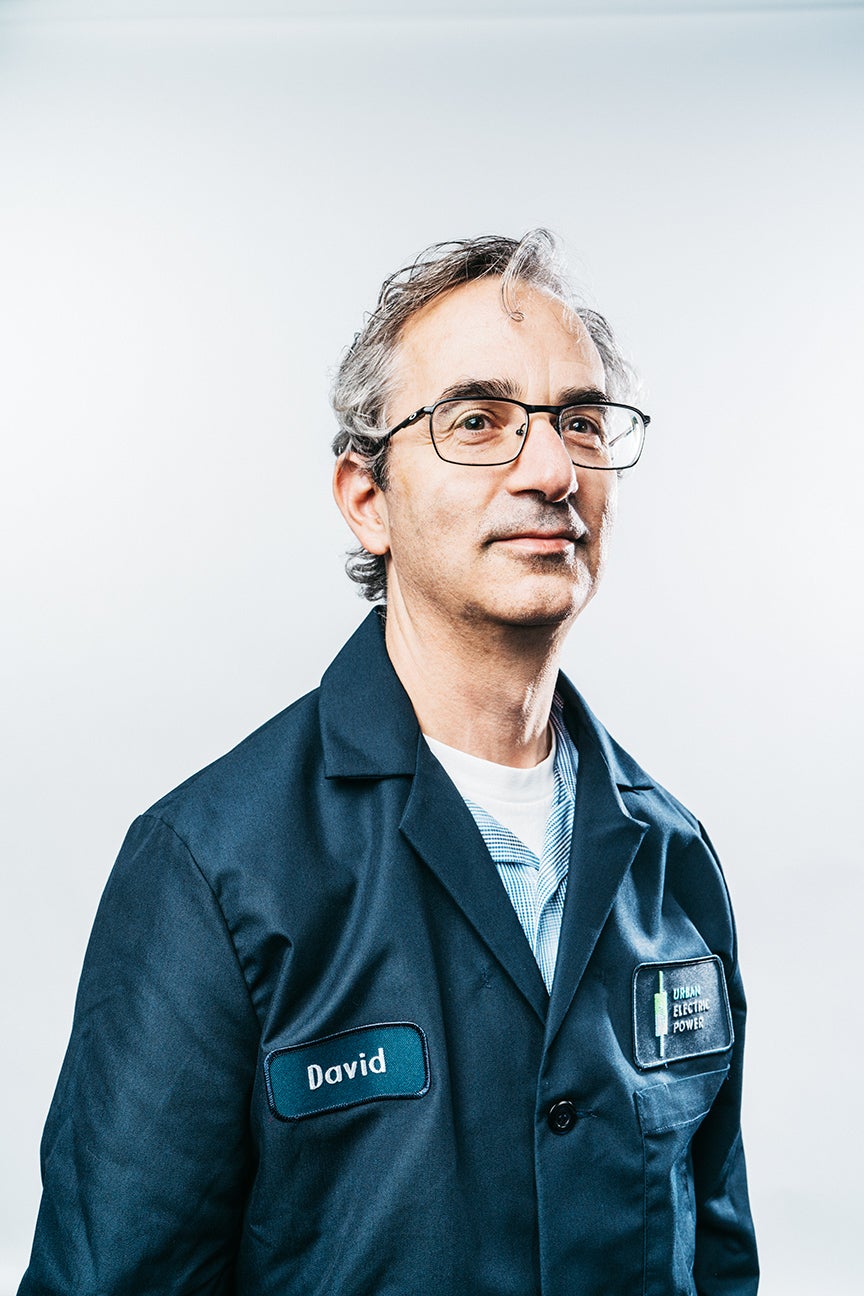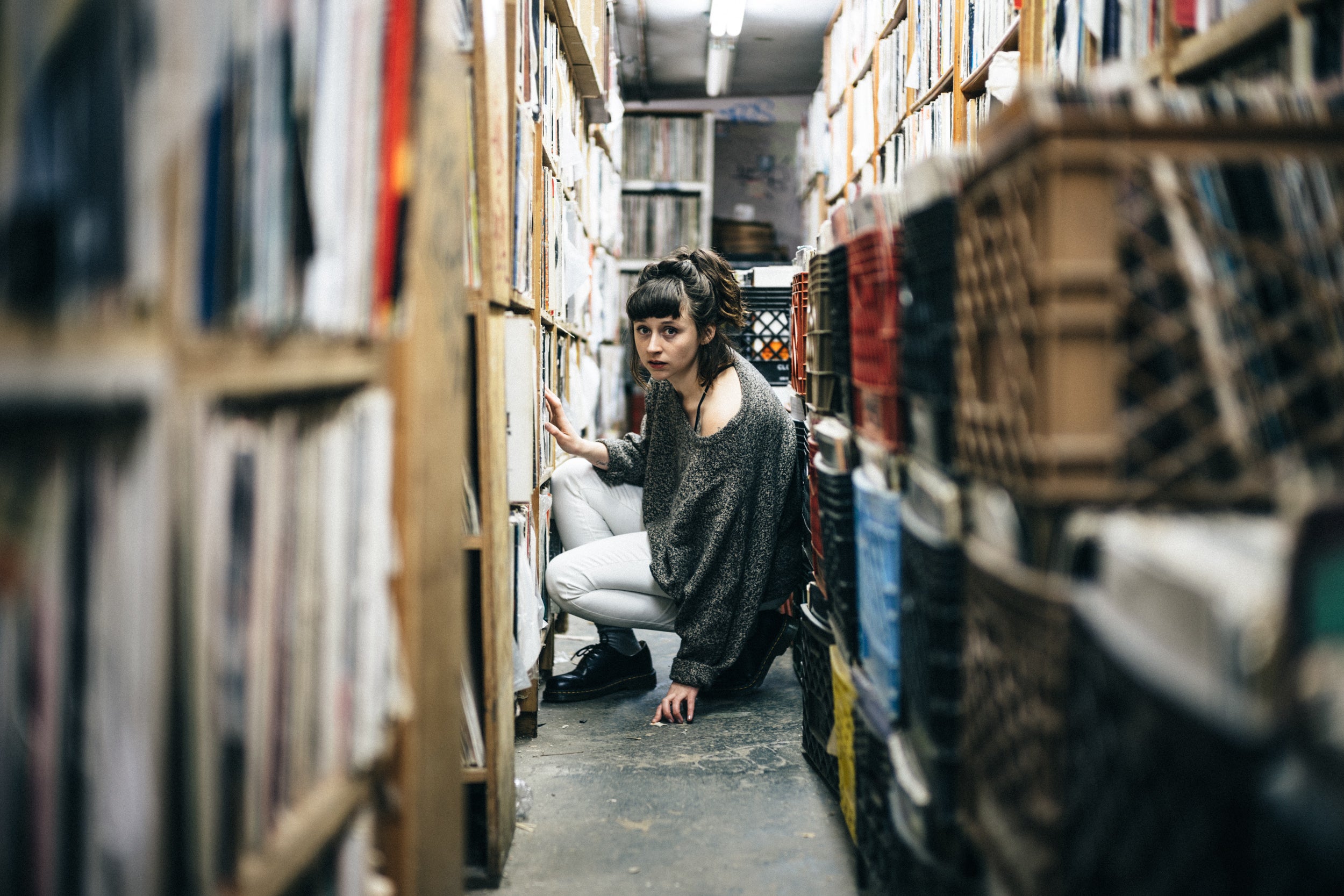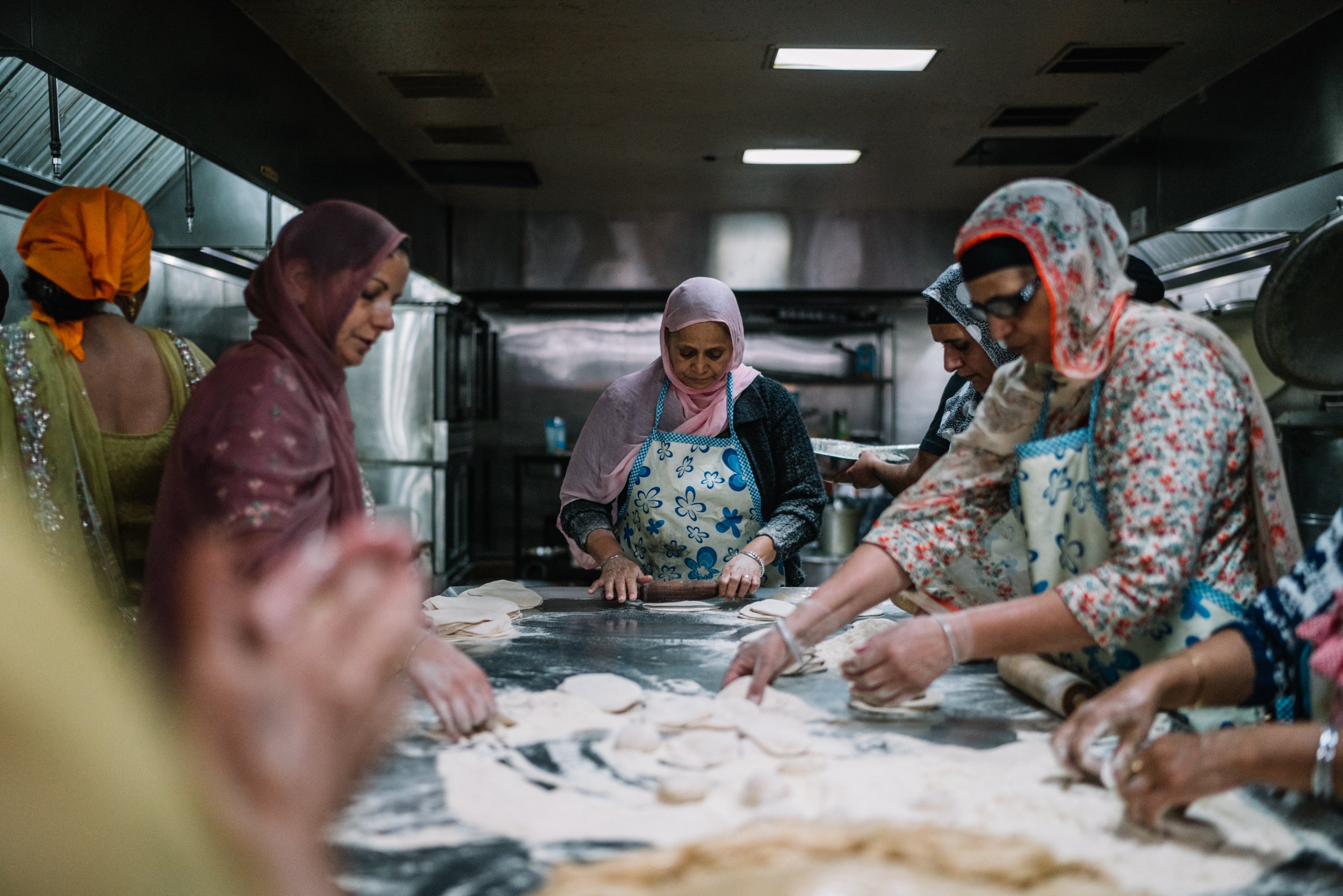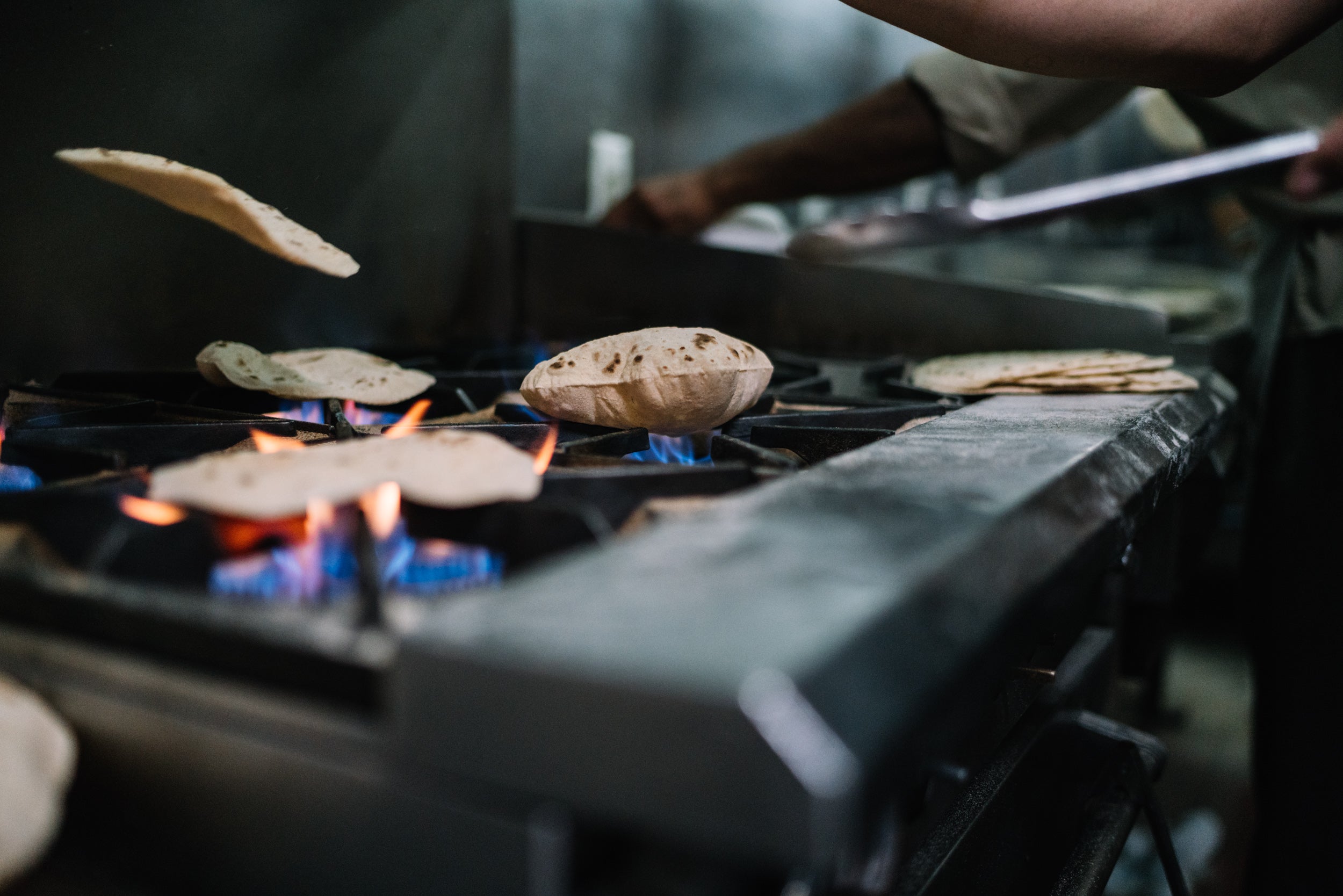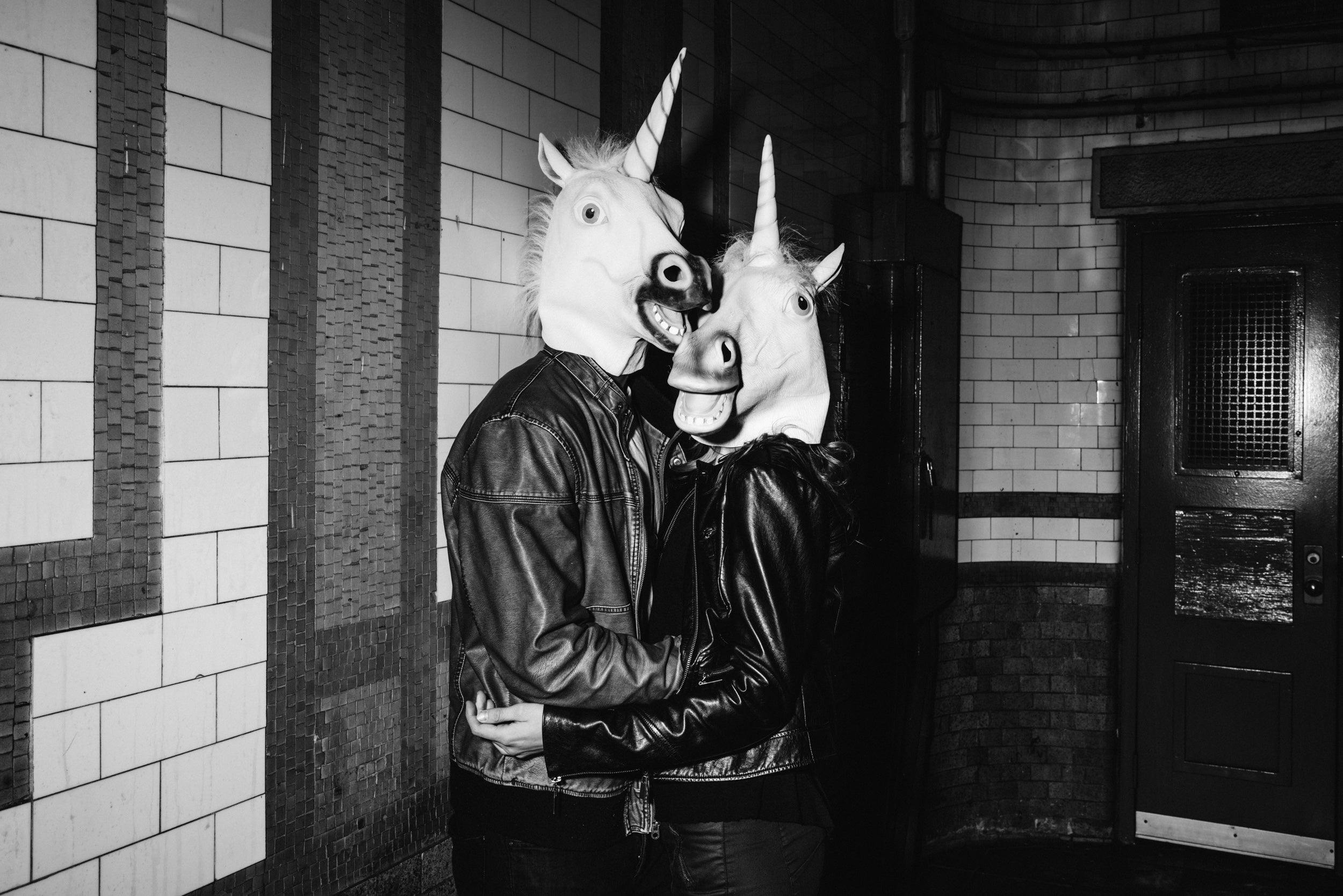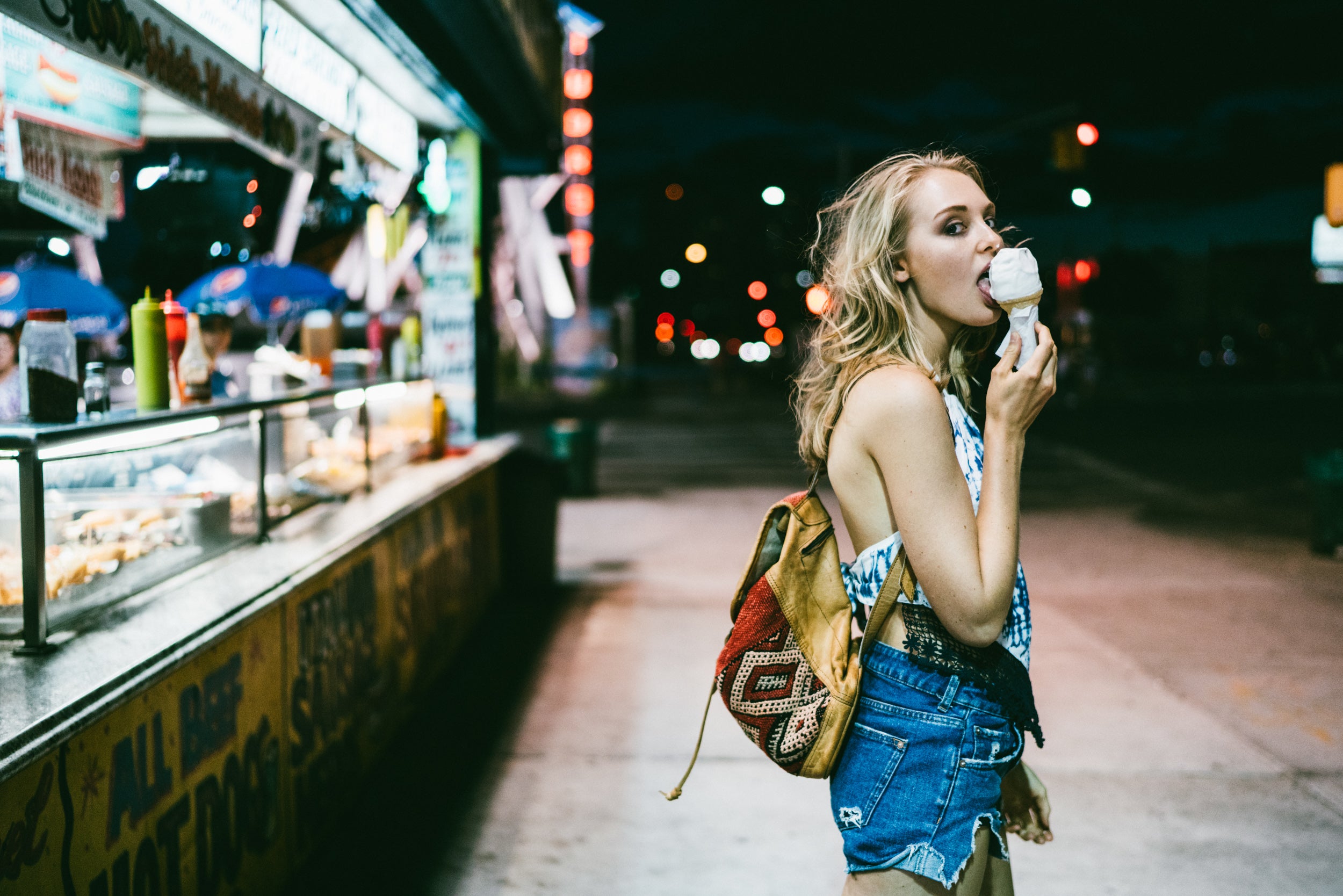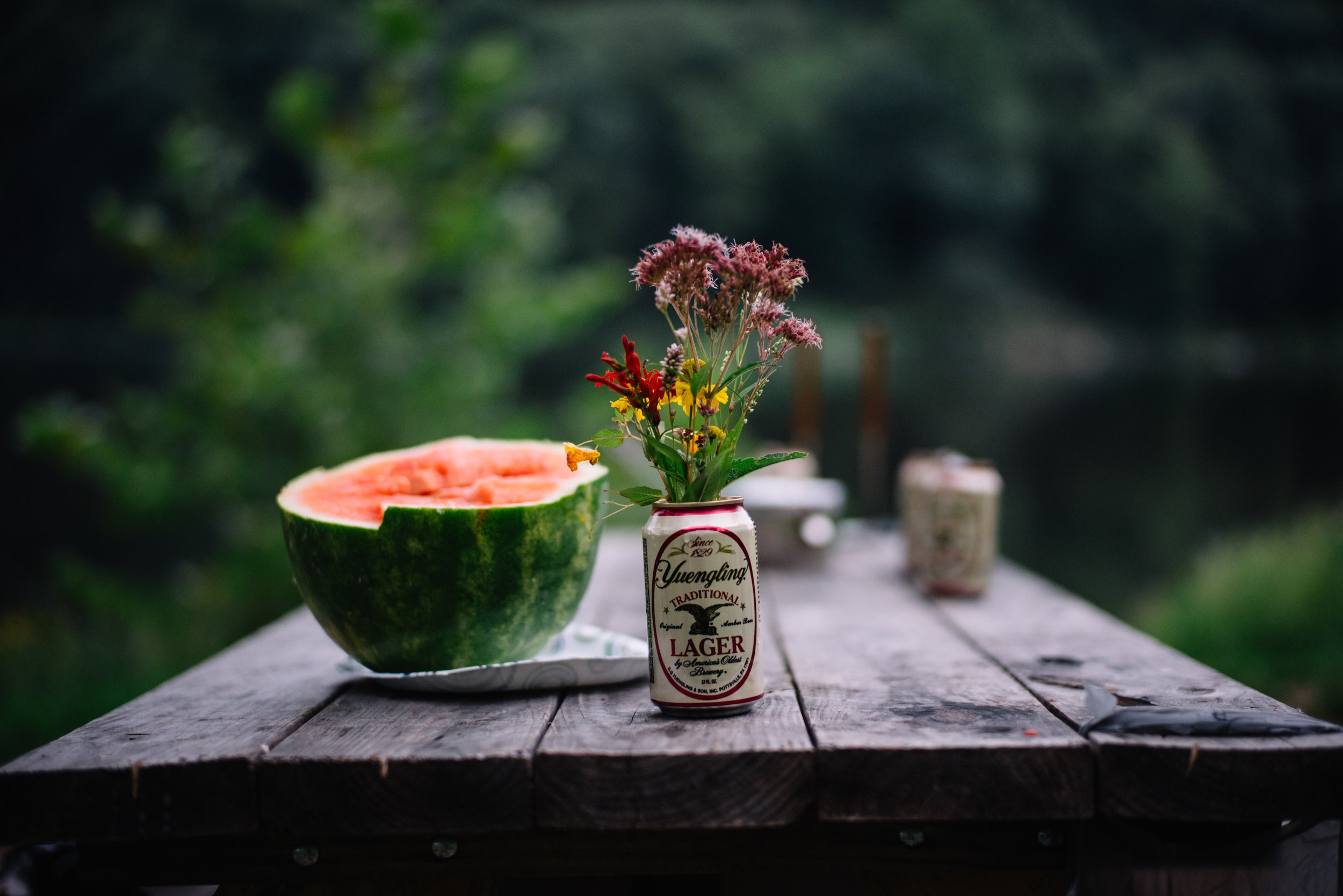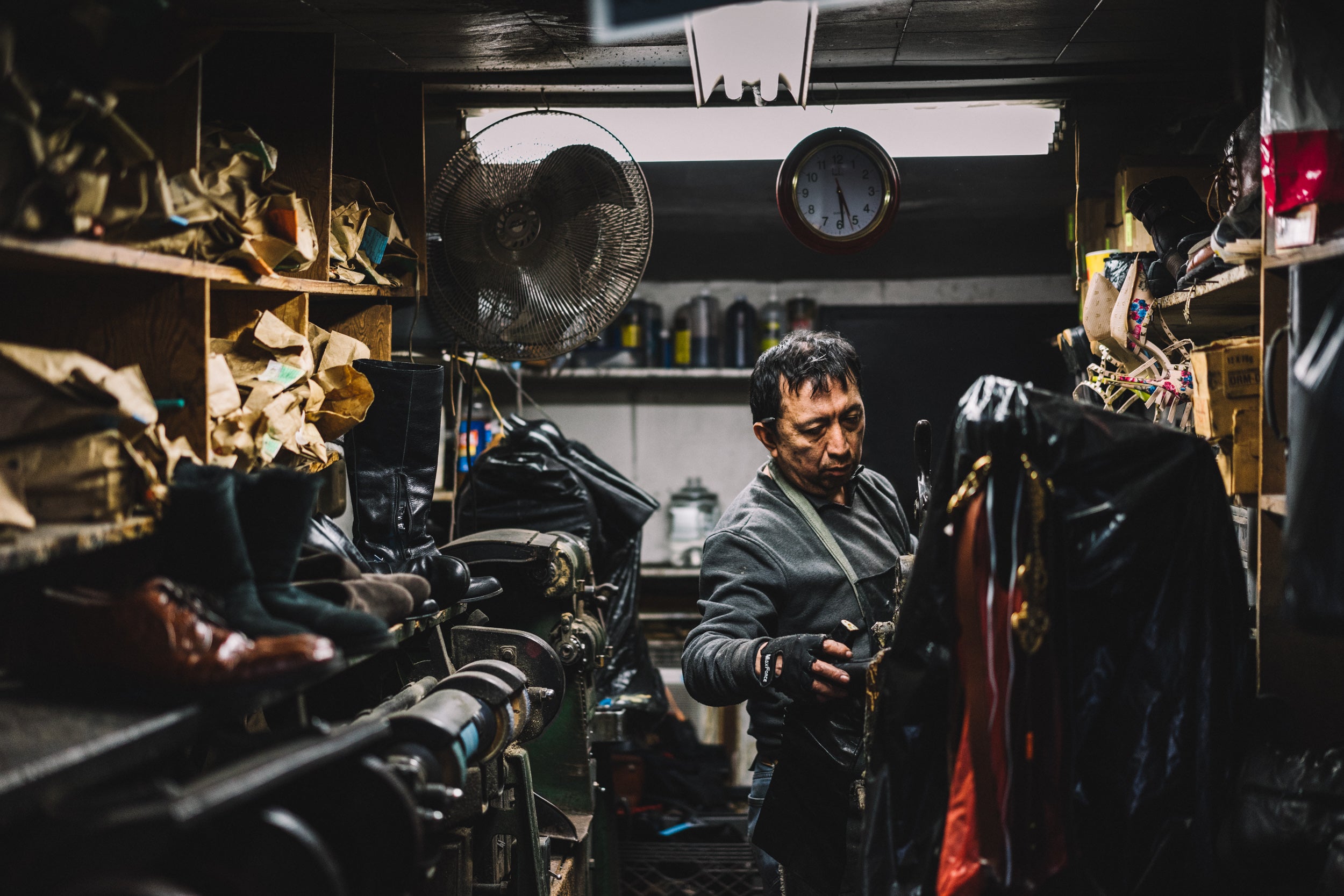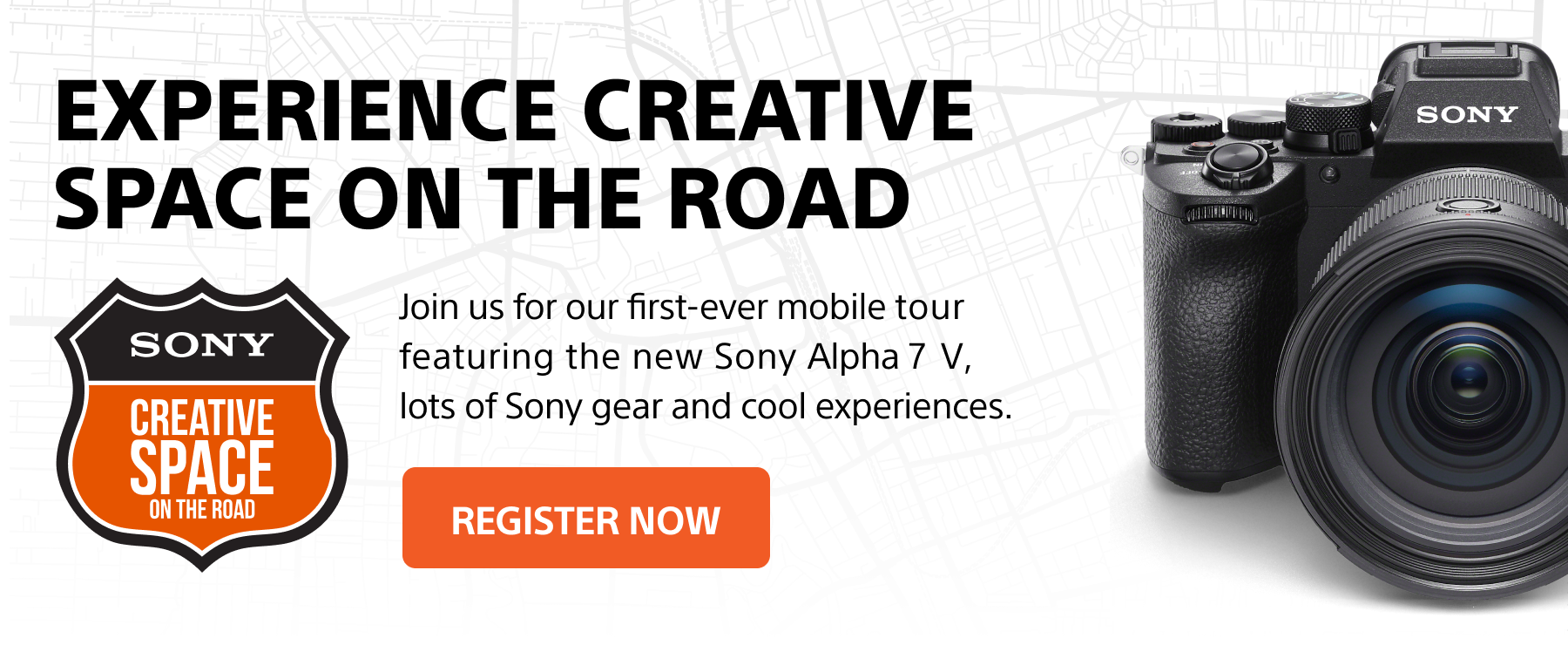Sony Artisan Michael Rubenstein is a New York photographer with a wide range of interests. He got his start in photography as a working photojournalist, and he’s combined that aesthetic with production know-how to assignments from advertising clients like Nike, Visa and Budweiser. Photography is his second career, but he bristles at the implication that he—or anyone else, for that matter—could ever truly be a “self taught” photographer.
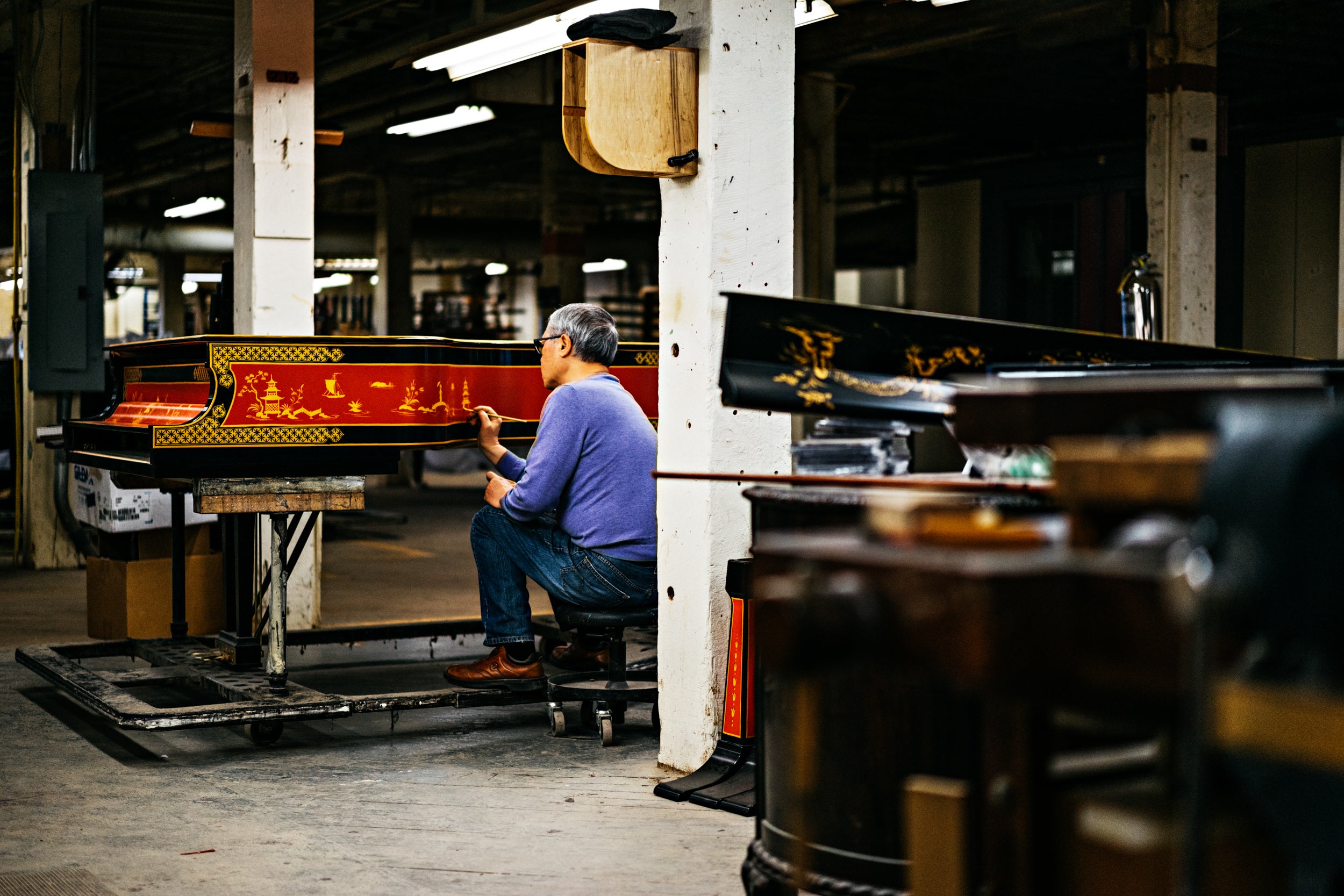
Alpha Universe: What did you do before you became a full-time professional photographer?
Michael Rubenstein: I was working at an environmental non-profit as a development director. I went to school for environmental policy, did that for eight or nine years, and at that point I knew I needed a change. I was working for a small environmental group just outside of Portland, Ore. and I was hiring photographers to go out and photograph the areas we were working to protect. The photographers were out in nature, spending a lot of time in national forests we focused on while I was stuck at a desk and on top of that, they made a better living! I thought ‘well, I think I could do this. I need a change.’ And so I quit.
Alpha Universe: Did you have any photography experience prior to that?
Michael Rubenstein: None. My grandfather was an amateur photographer way back in the day, and when I was a kid I liked taking pictures. That’s it. I shot freelance assignments in Portland for the WillametteWeek and learned from some of the photojournalists in Portland and when I was 29 I decided to go to grad school at Ohio University’s School of Visual Communications for photojournalism.
Alpha Universe: So you weren’t self-taught.
Michael Rubenstein: Look, no one grows up in a vacuum. Everyday we are bombarded by imagery. Some of it is elegant and intelligent and some of it just isn’t. I’m of the opinion that no one is self-taught in this society. I believe that everyone is born with some inherent talent. They are born with a skill level that they can then chose to develop. At that point I believe you are either actively taught or passively taught, because we are constantly inundated with imagery, and films and social ideas, if you’re not actively taught—if you don’t actively seek out a photographic education at school or online or through friends—then you’re passively absorbing what you see every day and what you see every day could be Avedon, James Nachtway or Mary Ellen Mark or it could be junk.
In my opinion it is your responsibility to determine how and what influences you as a photographer. I’m not saying that college or graduate school is the answer, I’m saying that no one just pops out of the womb ready to go. They learn their aesthetic and taste over time and it is up to them where and how they learn it.
I say go seek out meaningful and beautiful work to learn from, to be influenced by. Surround yourself with other photographers who do good work and like to talk about their process and techniques. If you don't have professors then it is your responsibility to learn from the photographers that came before us, its your responsibility to learn the history, the technical aspects of photography, structure and the color theory.
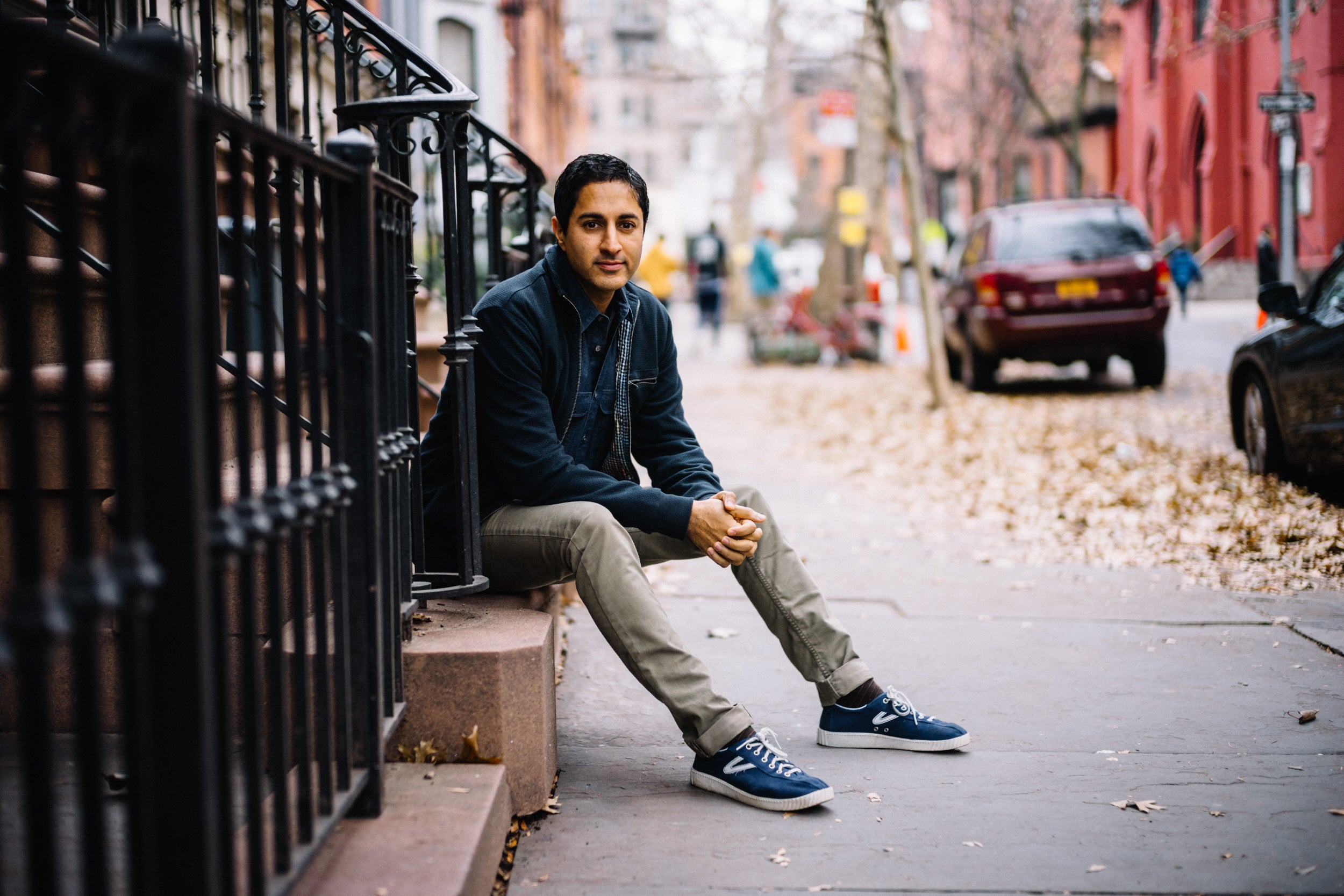
Alpha Universe: Do you think Instagram is just an echo chamber?
Michael Rubenstein: Maybe, but there is some incredible work on Instagram, work that I would have never been able to see when I was starting out because the internet wasn’t quite there yet. People learning the craft today have an almost infinite amount of imagery to look at and instead of being limited by a few very famous photographers who have put out physical books, we have hundreds of thousands of artists to connect with online. I think that is a beautiful thing, I also think it can be overwhelming. Its so important to sift through the noise to find what is influential and important to you, the work that makes an impression and can help you grow.
Alpha Universe: You used to be a Canon shooter. How did the switch to Sony cameras happen for you?
Michael Rubenstein.I bought my first Sony in early 2015. I bought the α7R to go camping. I wanted a small camera to put my Leica 35mm f/2.0 on, but I didn’t want to buy a $9000.00 camera to make that happen. I had a really good time shooting with it and I bought a couple of Sony lenses when I got home. Then I shot a couple of jobs with it and I realized the α7R could compete in the pro arena. I shoot a lot of motion and I like the video with the α7S and the α7S II; they’re just so much better than the Canon gear I had been using. They’re just great cameras. I really like them.
Sony has been great since day one. There’s something else that’s unique…I talk to the people at Sony and they’re happy to talk to me. They want feedback so they can improve the gear, and they’re responsive to what we, as a community, ask them for. I think that’s huge and, to be perfectly honest, I think that’s pretty rare in the camera business. It’s incredible to see how much the cameras have improved in one generation.
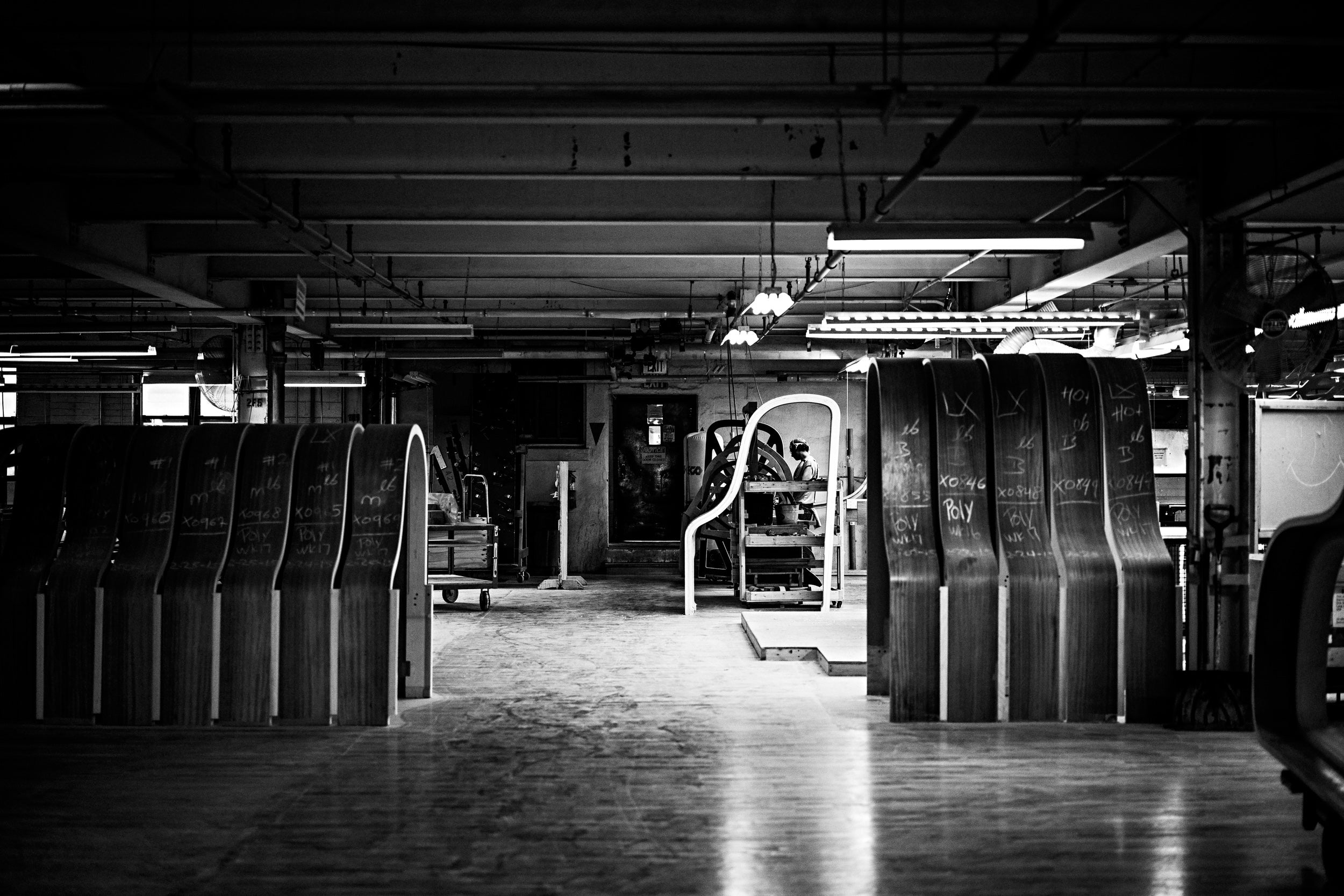
Alpha Universe: Do you have a greater mission for your work? Is there something you’re trying to say?
Michael Rubenstein: Absolutely, for my documentary work my mission is to tell stories that I feel are important. If I’m working for an editorial client or on personal work I want to take the “reader” or “viewer” to a place they wouldn’t normally go to and I want them to experience that place and those people as much as they can. I was brought up in photojournalism. If I’m shooting about an issue, it’s all about the story for me. I wouldn’t consider myself an artist. I don’t construct images to say something that isn’t there like say, Gregory Crewdson does. He has a point he’s trying to make. He’s got something he’s trying to say, and he creates that world from scratch, like writing a novel, he makes imagery that backs up what his ideas are. I photograph what’s right in front of me and share it with other people so they can experience it. They’re very different kinds of photography. I really love what Crewdson and other photographers in that genre do. It’s incredible that they have these worlds in their minds and then they bring them to life. For me, it’s more about real moments and events. I’m more of a documentarian.
Alpha Universe: Now that you’re doing advertising, do you still shoot documentary work?
Michael Rubenstein: Always. Or I’m always trying to. I shoot advertising, editorial/documentary work and personal projects. I like doing a lot of different things, I think it keeps me on my toes. I love the collaboration of advertising, working with an art director and a creative director and my creative team is very rewarding. Seeing the final images and advertisements that come out of those collaborations is great.
That said, I also like working by myself on stories that I feel are important. Going out into the world with my camera and a couple of lenses, finding the light and waiting for the perfect moment to make a successful image is a feeling I don't think I could live without. I don’t think I’ll ever want to just pick one kind of photography to do.
Alpha Universe: How does your experience as a photojournalist influence how you shoot your advertising work?
Michael Rubenstein: As a photojournalist you have to be ready for anything. You can make an educated guess about what a shoot is going to be like but as soon as you get there all of that pre planning is likely to go right out the window as circumstances change. You have to be just as much problem solver as photographer to bring images back to the newsroom. With advertising, there is a lot more planning and the situations are much less fluid but you still have to be a good problem solver. Situations always come up during a shoot and you need to be able to quickly adapt to those situations.
My advertising work tends to gravitate towards real people doing real things. I think that’s where a lot of advertising is right now. Authenticity is important and coming from a photojournalism background that is definitely something I can deliver.
The best case scenario is getting hired to shoot a guy who actually makes motorcycles or getting hired to shoot a factory—real workers doing their real jobs. I just direct them a little bit more or I style them a little bit more for an advertising job than I would if I was working for a newspaper when you’re not allowed to pose subjects. That’s my happy place.
I just did a job for a really great client where we cast all the talent, scouted the locations and then ended up compositing a lot of the final images. That's not normally what I do, but I really enjoyed the challenge. It was interesting to watch the sausage get made. I did a lot of research for that shoot, studying the way real people in the jobs that we were re-creating acted, the way they performed in real life, so that I could make the final product as authentic as possible.
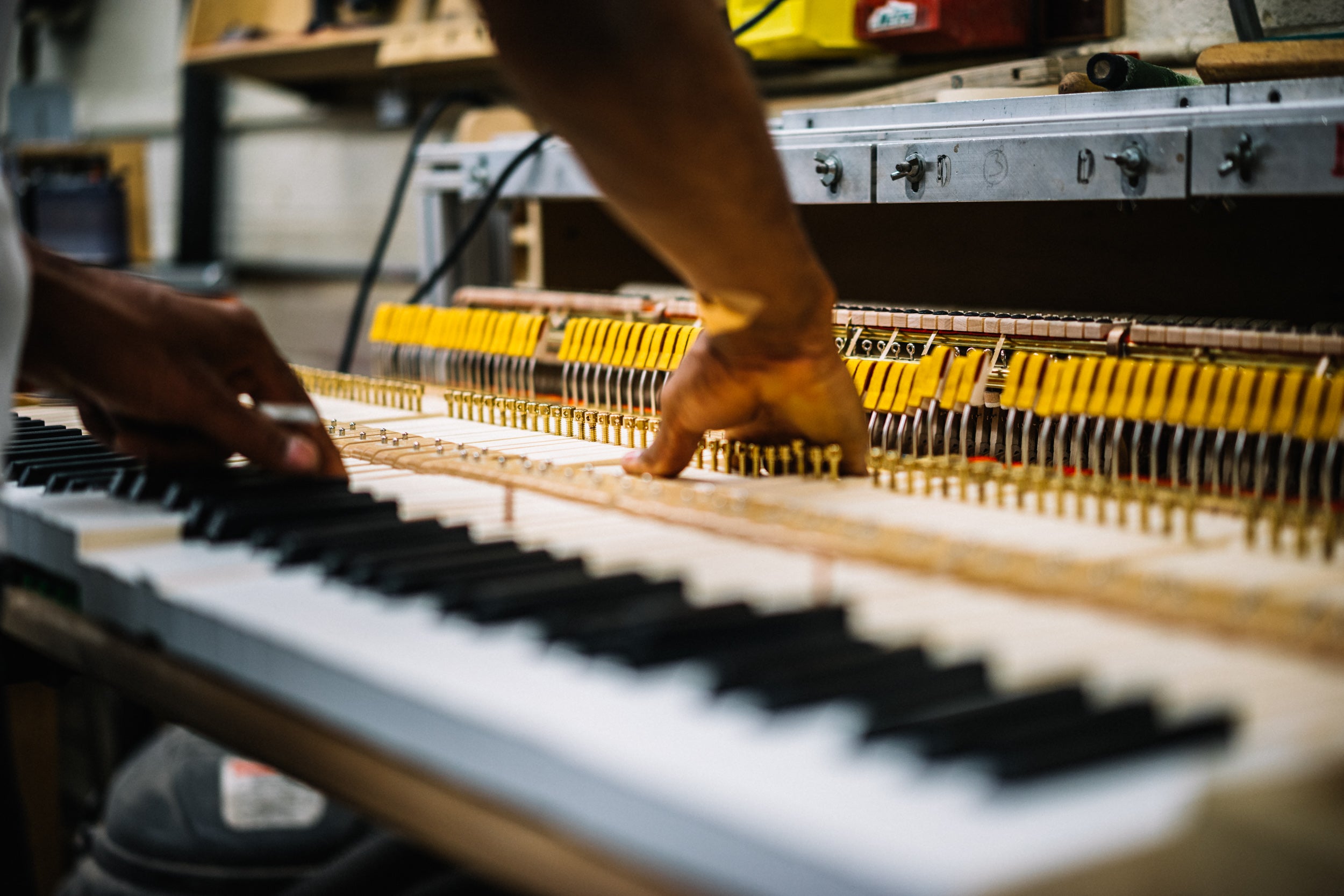
Alpha Universe: Was it a hard transition from photojournalism to advertising?
Michael Rubenstein: When I first started it was very difficult for me. I was asked to photograph a musician for an album cover. It was a pretty famous musician and I refused to retouch the image because I was thinking about the ethics of photojournalism, not realizing that this wasn’t photojournalism, it was advertising. The client said ‘that’s fine, you don’t have to do it, but we’re going to do it.’ I said, that wasn’t okay with me and they said, ‘well, look…you can either take the job, send us the pictures and we’re going to retouch it, or we’re going to find somebody else. Pictures of the musician aren’t going live without us retouching her.’ Today, looking back on it, I think ‘well sure. Of course. It’s your client and your prerogative.’ But back then, there were a lot of conversations that needed to happen before I was comfortable shooting the job.
Alpha Universe: Were you always planning to move into advertising photography?
Michael Rubenstein: No, I wasn’t. When I first started I wanted to work internationally as a foreign correspondent. I wanted to travel the world telling stories that I thought were important. After grad school and a year at the Oregonian I moved to Mumbai, India and worked there for a few years. I loved it, I did exactly what I had set out to do. I worked all over South Asia and East Asia and it was incredible. While I was there my agency (Redux Pictures) got me a job shooting a campaign for Yahoo!. I had shot a small job for Nike while I was in Portland but I always looked at it as a one off. The shoot for Yahoo! had me shooting in Mumbai, Jakarta, Seoul and Taipei. I was running fairly large crews and shooting interesting work and I feel in love.
I should also say that my work has always been a little poppier and a little cleaner than most news photography generally is. Stylistically it wasn’t that difficult for me to switch over to advertising. The hard part was learning how to run and organize crews and to work collaboratively with creative directors and art directors. Once I figured that out, everything just clicked.
It isn’t easy to make a living solely as a photojournalist or an editorial photographer. Rates have been tanking and there is more and more completion every year. Most of the photojournalists I know are always on the lookout for commercial or corporate work to subsidize the work they are doing. It’s really unfortunate that major newspapers pay $200.00 a day for work that needs to be out there. To me, it’s like teachers, a super important job that doesn't get the financial support that it should.
